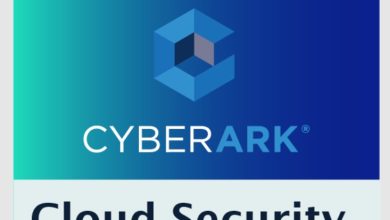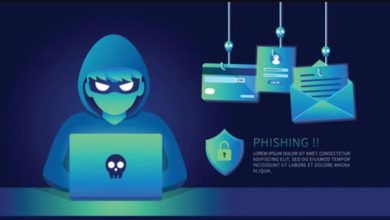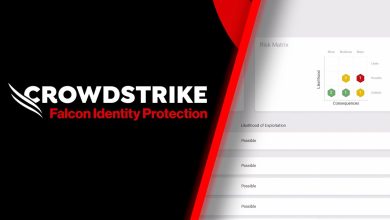BSIMM14: Surge in Application Security Automation

Synopsys, Inc. (Nasdaq: SNPS) today published BSIMM14, the latest edition of the annual Building Security In Maturity Model (BSIMM) report analysing the software security practices across 130 organisations, including some of the most advanced companies in cloud, financial services, FinTech, ISV, insurance, IoT, healthcare, and technology industries. The report found that the use of automated security technology is growing rapidly, which in turn is propagating the “shift everywhere” philosophy – performing security tests throughout the entire software development life cycle – across more organisations.
Automation Adoption on the Rise
This year’s findings revealed a clear trend of firms increasingly taking advantage of security automation to replace manual, subject matter expert–driven security activities to reduce cost and improve effectiveness.
Greater automation has enabled organisations to embrace the shift everywhere philosophy, with automated, event-driven security testing increasing by 200% over the last two years. Additional notable findings around the power of automation include:
-
Improved ease of review: Automation has led to a 68% growth in mandatory code review in the last five years.
-
Enhanced affordability: Recent economic conditions have caused a reduction in expensive, subject matter expert–driven activities that are not easy to automate. Centralised defect reporting and attack lists all decreased in usage by more than 17%.
-
Greater toolchain usage: Organisations are embracing modern toolchain technology that allows security testing in the QA stage to be automated – leading to a 10% growth in several related security activities.
“Everyone has gone all-in on automation across a range of security functions, and that’s leading directly to better practices,” said Jason Schmitt, general manager of the Synopsys Software Integrity Group. “Companies are seeing firsthand that eliminating human error with consolidated, integrated security tooling makes security programs more effective and affordable — a compelling combination. With cyberattacks on the rise and coming from every angle, automation is proving essential to defend against myriad threats that are targeting software, while enabling companies to do more with less in this uncertain economy.”
Maturing Culture of Security
The report also found that customers have made valuable strides in improving the culture of security at their organisations. Key findings include:
-
Security champions make a difference: Firms with security champion programs made up of developers, QA analysts, or architects in a security-enabler role, earned an average 25% higher BSIMM score than firms without one.
-
Higher vendor standards: Firms are also demanding more from service providers and partners. Expectations for strong vendor security practices grew by 21% as firms held vendors to standards similar to those they use internally.
Secure Software Supply Chain Practices Gain Traction
Customers also reported that security processes made impressive progress in adhering to industry best practices:
-
SBOM usage grows: Organisations are increasingly building Software Bills of Materials (SBOMs), with a 22% increase in SBOM creation from last year.
-
Open source awareness: Identifying and controlling open source risk increased by just under 10% from last year.




